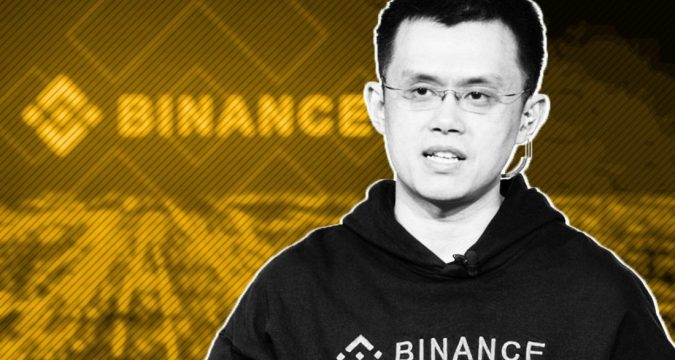
Binance and Binance.US have always been seen as unrelated entities, with little evidence to support their purported intimate link. However, a recent investigation by investigative reporters Kowsmann and Caitlin Ostroff has unearthed internal messages that reveal a different story of deep intertwining between the two companies.
According to the messages, the two entities have been mixing staff, technology (in China), and finances, indicating a level of cooperation that was previously unknown. This revelation has raised questions about the transparency of these companies and the true nature of their relationship.
Genesis of Controversy Erupts Over Binance and Binance.US Collaboration
Caitlin Ostroff discovered that a Binance team member in Shanghai initiated trading shortly before the Binance.US exchange went online. As a result, questions concerning the reasons for its genesis and the identity of its creator grew more prevalent.
Nevertheless, in response to the inquiry, Binance CEO CZ Changepeng Zhao responded that it was a mistake made by an employee in Shanghai.
Moreover, in response to the findings of the investigative journalists, Binance announced that it would no longer service clients in the United States in 2019 due to regulatory issues. Yet, in the chats, a Binance official describes strategies for retaining the company’s major US clients. Furthermore, he inquired whether U.S. consumers had offshore businesses they might use.
Caitlin Ostroff also mentioned that personnel from Binance advised staff engaging on the Binance.US website to refrain from using the Binance tone while writing content for the site.
Companies’ transparency and commitment questioned by new revelation
In contrast, this revelation calls into question these companies’ transparency and commitment to following the laws of the countries where they do business. Yet, they might dodge inspection and regulatory control by portraying themselves as independent businesses.
On the other hand, if they interact closely, they may be subject to tighter rules than previously stated.










